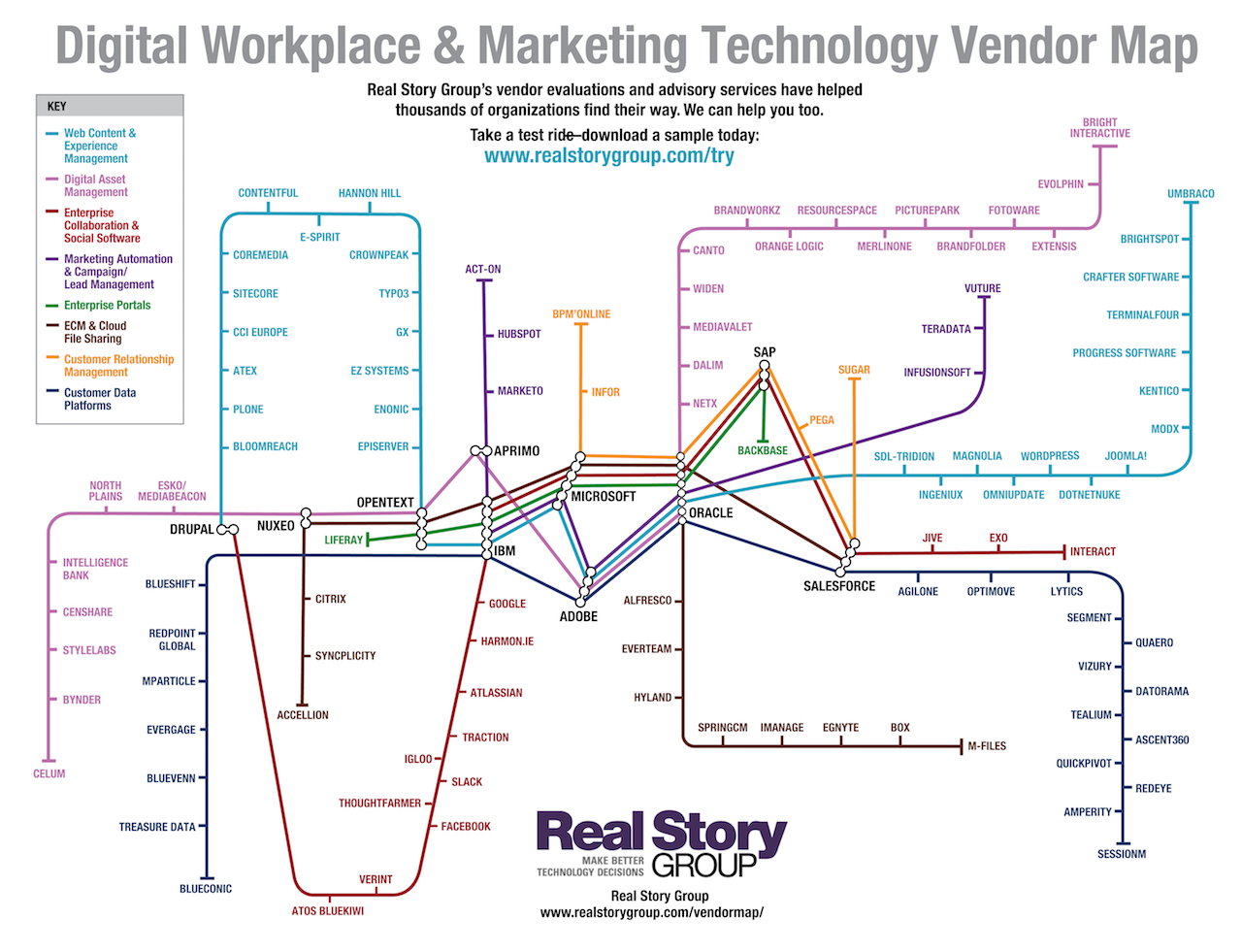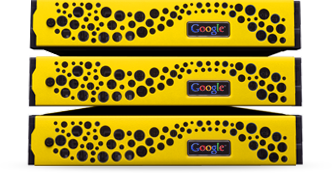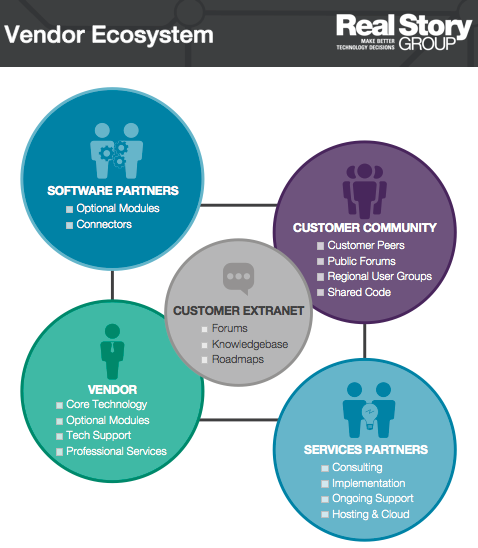Battling ECM and E2.0
For the past year or so there seems to have been a battlefield of sorts emerging between proponents of social networking and all things E2.0 and the more "traditional" proponents of ECM. The difference between the two seems to have emerged due to a confluence of events.
First was the success of SharePoint 2007, bringing collaborative document management and team portals to many desktops. Second was the emergence of social networking tools such as Facebook, Xing and LinkedIn, that appealed to broad audiences, rather than just teens (think MySpace). Third, the growth in popularity of texting, via phones or IM by more "mature" users, leading inevitably to the popularity of Twitter.
These three things together seemed to suggest that the traditional worlds of document management, records management, and ECM were on the way out -- increasingly irrelevant and impractical in today's modern environment. It's a view that has gathered pace rapidly over the last six months, and we are reaching a point where there is a real standoff between the young guns and the old guard. Yet I have to think that the battle lines are somewhat contrived and ultimately illusory.
I can remember back to a fraught Interwoven briefing (back when I worked at Ovum) in 2000, when a VP of Marketing presented a series of statistics that "proved" that document management was dead. Web Content Management was the new kid in town and in his words "Anyone can see that!" He was profoundly wrong, for though WCM emerged as a strong market in its own right, it did not replace document management. And in a touch of deja vu all over again, I think the same is true of what is happening today.
The way I try to define ECM's value is simple: some information is worth managing closely, some isn't. If the information in question is subject to potential audits due to regulatory compliance, or for that matter potentially subject to legal discovery, then it needs to be managed. If the information in question is subject to a formal workflow, for example an application form or purchase order, then it needs to be managed. If the information in question is confidential and proprietary in nature, then it needs to be managed.
"Managed" in these contexts will likely mean audit trails, retention and disposition processes, version and access controls, along with long term archiving requirements -- a.k.a., ECM functionality.
ECM has long been moving into the infrastructure, a behind-the-scenes player providing the ability to manage and control information. New tools in the market don't change or challenge that. Social software can certainly generate a lot of new information, but much of it will be unimportant -- and therefore can play separately from your ECM services. However, some of it will surely fall into the "important" category, and that information will need to come under management, likely using functionality in your ECM systems.
Just as I never thought my 1970s flares would ever come back in fashion, today I wear boot-cut Levis (another name for flares). Likewise just as all things E2.0 threaten to upset the ECM applecart, so too did WCM and KM before them. But in time they enhanced the world of ECM, and so too in time will E2.0. It's not that there is anything unique about ECM; it's just that the need to manage information remains a basic and timeless need.







